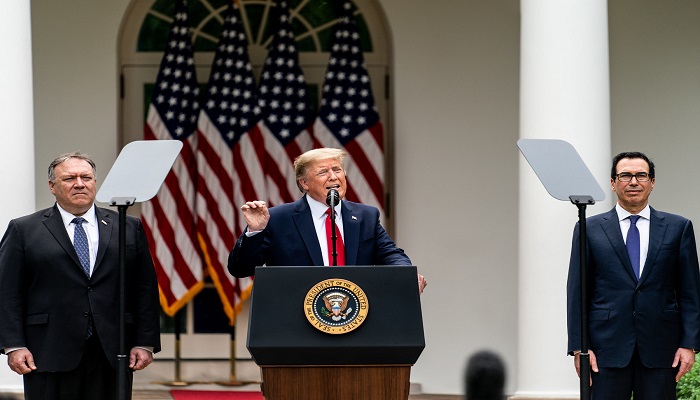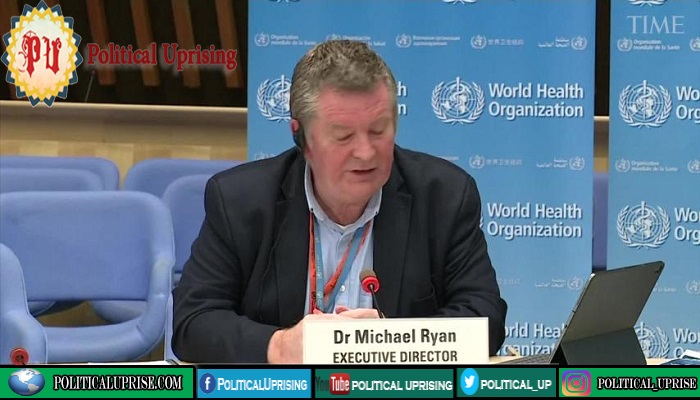Japanese government calls coronavirus pandemic ‘biggest crisis’ and is expected to announce a multibillion-dollar stimulus package and state of emergency.
Japanese Prime Minister Shinzo Abe’s government is to pledge to take “all steps” encompassing fiscal, monetary and tax policies to battle the deepening fallout from the coronavirus in a stimulus package to be approved on Tuesday.
Abe has pledged to craft an “unprecedented” stimulus package to respond to the global downturn inflicted by the pandemic, which would exceed the size of one compiled in the wake of the 2009 financial crisis totalling 56 trillion yen ($514bn) in size, with fiscal spending of 15 trillion yen ($137.4bn).
Neither the size of the coronavirus package nor the amount of fiscal measures have yet been determined, according to the draft prepared by the government.But in a measure of how seriously the government views the situation, the document refers to the pandemic as the “biggest crisis” the global economy has faced since World War II.
Global cases of the new coronavirus have reached almost 1.3 million and nearly 70,000 people have died, according to the data compiled by Johns Hopkins University.
Renault-Nissan ex-boss left Japan after alleged financial misconduct
Japan has been spared the kind of explosive surge seen in Europe, the United States and elsewhere, with more than 3,600 cases and 85 deaths all told as of Monday, but the rate of new infections has been increasing, particularly in Tokyo itself.
The document says the government and the Bank of Japan need to share a sense of crisis and closely cooperate with each other to tackle the crisis.
The draft package features direct payments to households and financial backstops to companies, highlighting extensive damage from the virus, which has fuelled fears of a recession, while the government looks set to declare a state of emergency.
The spending plan includes subsidies for households with children,cash payouts to small and mid-sized firms to help them continue business operations, and arrangements to allow them to borrow at zero interest and without collateral from private financial institutions.
To fund the package, the government would issue deficit-covering bonds, adding further strain to the industrial world’s heaviest public debt at more than twice the size of its $5 trillion economy.
Japan casino raided,investigation underway for possible ties to politicians
Japan would boost government bond issuance by 16 trillion yen ($146.6bn) to about 145 trillion yen ($1.3 trillion) to be sold in the market this fiscal year, which would mark the first rise in annual bond issuance in four years.
The package draft also aims to boost production of Fujifilm Holding Corp’s Avigan anti-flu drug during this fiscal year so it can be used to treat two million people.



